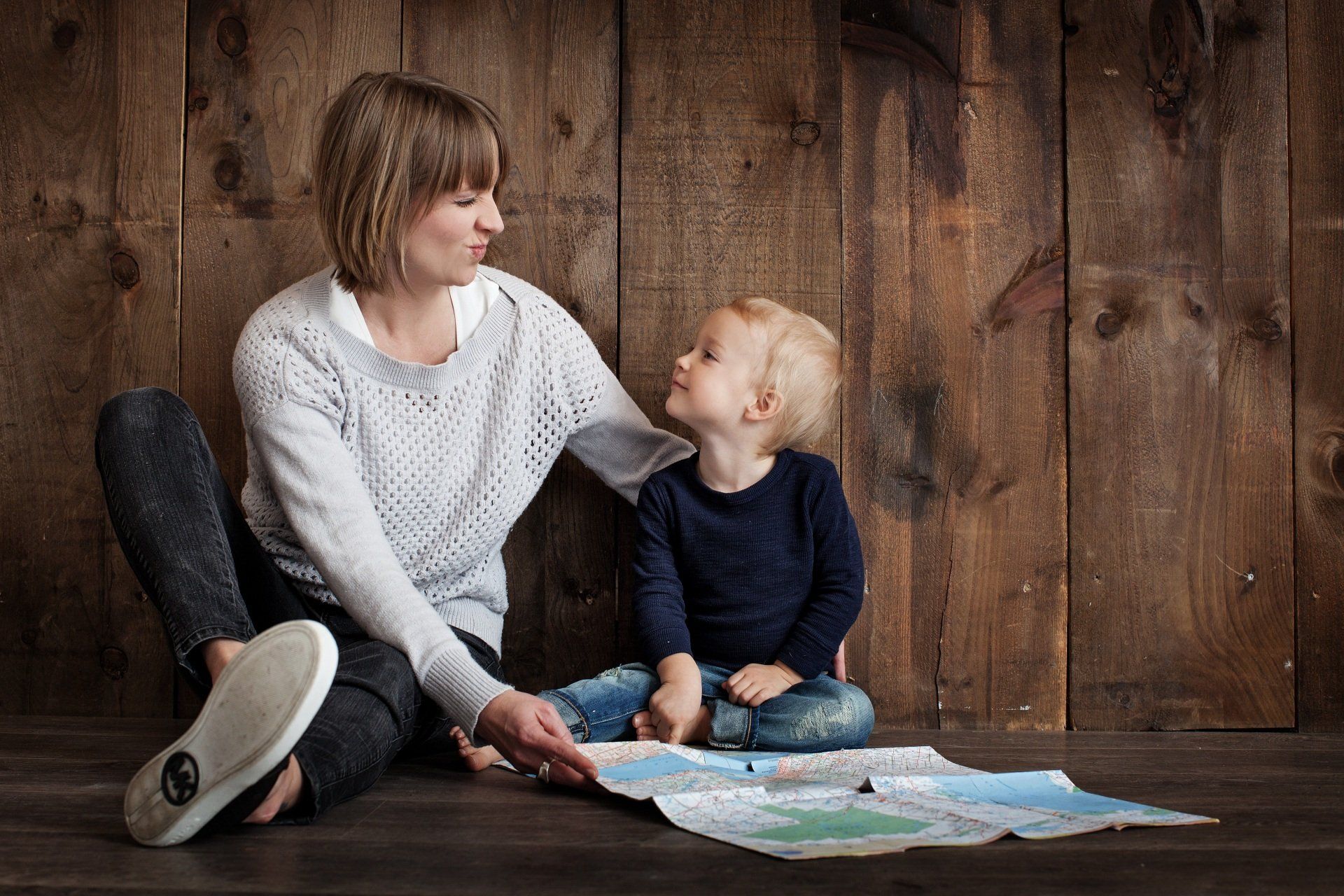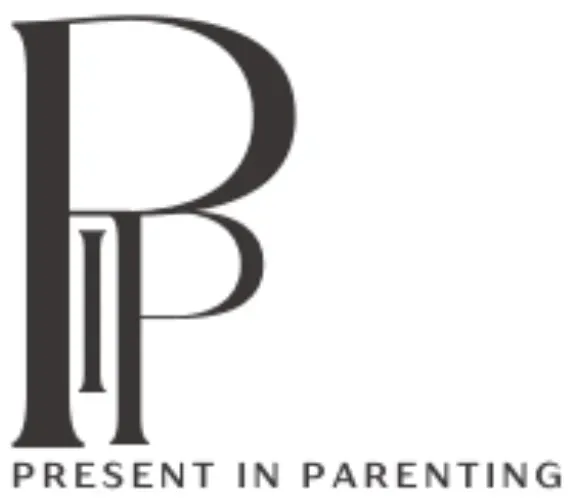Parenting is a journey filled with its own set of challenges and rewards. It can sometimes feel like we are navigating uncharted territory, especially during difficult times. However, one of the most crucial aspects of parenting that often gets overlooked is the importance of being present and interacting meaningfully with our children. In this article, we will explore some helpful strategies and tools for mindful parenting.

Identifying & Understanding Family Values
One of the first steps towards conscious parenting is identifying your family values. These are the core beliefs and principles that guide your family's actions, decisions, and interactions. They are unique to each family and can range from values like kindness, tolerance, individuality, creativity, authenticity, equality, meaning, accountability, justice, tradition, diversity, trust, determination, joy, integrity, success, peace, openness, loyalty, calm, fun, challenge, friendship, charity, spirituality, skill, stability, strength, connection, cooperation, concern for others, to teamwork.
Pick Up Family Values
Every family is unique, with its own set of values that guide their actions, choices, and interactions. These values become the foundation for your child's character. It's essential to identify and anchor into these values. Be it kindness, authenticity, equality, or accountability, pick three that resonate with your family the most and strive to instill them in your child. The values you choose will serve as your guiding light in parenting.
Empathy: A Superpower in Parenting
Empathy is a powerful tool in parenting. It enables us to understand and share the feelings of our children. It helps us to respond to their behaviors in a more understanding and compassionate way. I t allows us to understand our children better, foster a deeper connection with them, and guide them through their complex emotions. The key is to respond empathetically to your child's actions and emotions rather than reacting impulsively. Let's take a look at a few examples:
Scenario:
Your child hits another child.
Instead of saying:
"Hey, stop hitting, we don't hit! Go sit down, you're grounded!"
Try saying:
"Oh, I see your anger, and I'm here to support you. Let's talk once you have calm energy."
By acknowledging your child's feelings, you validate their emotions and pave the way for a meaningful conversation.Here are some examples of how empathy can transform our responses:
If a child hits another, instead of instantly reprimanding them, we can acknowledge their feelings of anger and offer support. We can use this as an opportunity to talk about their feelings once they have calmed down and discuss better ways to express anger.
If a child does not want to go to sleep, rather than forcing them, we can empathize with their desire to stay up. We can suggest a compromise, such as laying down with them for 30 minutes, to make bedtime a more comforting experience.
These are just a few examples. The possibilities for practicing empathy in parenting are endless.
The 9-Minute Rule
Quality time is the cornerstone of a strong parent-child relationship. According to a study, if you give your child face-to-face quality time for three minutes in the morning, afternoon, and evening, you are on your way to building a connective, present relationship. Physical touch like hugs, kisses, pats on the back, shoulder massages, playful wrestling, high fives, etc., can also help build emotional safety, connection, and trust.
Nine Quality Minutes
Quality time is the lifeline of a strong parent-child relationship. According to a study, dedicating a minimum of nine quality minutes to your child each day can significantly boost your bond. This could be three minutes in the morning, another three in the afternoon, and three before bedtime. It's not about the quantity, but the quality of time spent in meaningful interaction that counts. During these moments, you could share affirmations like "Your opinions matter!" or "I love being your mom."
Assess the Level of Chaos
When emotions run high, it's crucial to assess the level of chaos in the situation. This helps you understand your child's emotional state and choose an appropriate response. For instance, if your child is showing signs of a brewing storm like defensiveness or anger, take a deep breath, connect to your feet, communicate calmly, and reassure them that they are safe.
Reflection & Journaling
Reflecting on our own childhood experiences can provide valuable insights into our parenting. Think about what made you happy and safe as a child. Were they big moments or small micro-moments of connection? What feelings or emotions do these warm memories bring to you? Where in your body do you feel them? Journaling these reflections can help you identify small moments that you can incorporate into your daily routines to give similar memories and feelings to your child.
Reflection is a vital part of parenting. Journaling about your experiences, challenges, and victories can give you insights into your parenting style and your child's behavior. It allows you to identify patterns, understand your reactions, and plan how you can respond better in future situations.
Using The MAP Tool
The MAP (Mindfulness, Awareness, Presence) tool can be particularly helpful when things get tough. It involves understanding the behavior, emotions, needs, and skills of your child. When you see a behavior that you don't understand or agree with, instead of reacting, use the MAP tool to help your child express their feelings, identify their needs, and find ways to meet those needs in a constructive manner.
You can find the MAP Tool under the Awareness Library Tab. I believe you will get value of that into your conversations regarding emotions and high energy. Happy Parenting!
Kirsi-Marja Hardy
Certified Parenting Coach
Life Coach
The Conscious Corner


"Kirsi has a remarkable ability to connect with people on a personal level. Her enthusiasm and positivity are infectious. If you are looking for a coach with a huge heart and the ability to get to the core of any issue, look no further.”
-Andrea Chiarelli, Coachee
“I’ve only known this woman to be generous with her time and energy in service to others as she graciously shares and extrapolates from her massive pool of wisdom and experience."
-Guy Ferdman, Co-Founder of Satori Prime Coaching
“The parenting class was an eyeopener. It allowed us to not only understand the why and how of our parenting styles, but to find a calm to our parenting styles. It brought a whole new meaning to communication. I am so happy we were able to participate and I continue to recommend the training to everyone!"
-Dr. Tamara L. Moore, MD
“Kirsi has been dedicated to her growth as a student and practitioner for the past few years with us. She's a HUGE heart that wants to support all those in need. I love having her in our community and supporting our mission. She holds incredible space for people to experience their own healing.”
-Ilan Ferdman, Co-Founder of Satori Prime Coaching
We use cookies to ensure that we give you the best experience on our website. To learn more, go to the Privacy Page.



